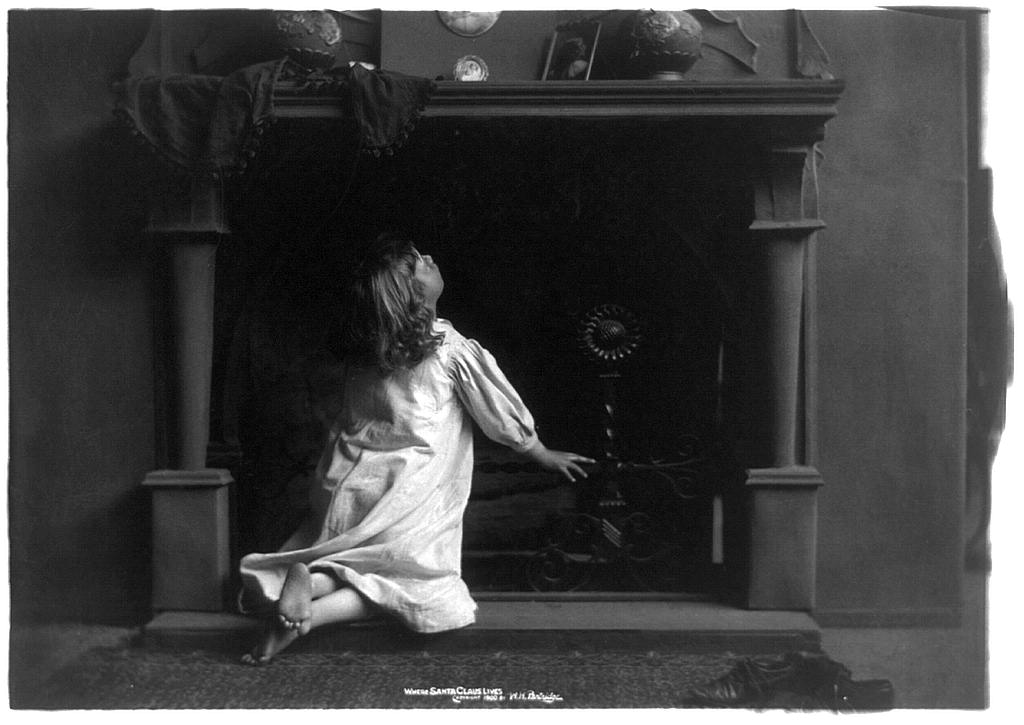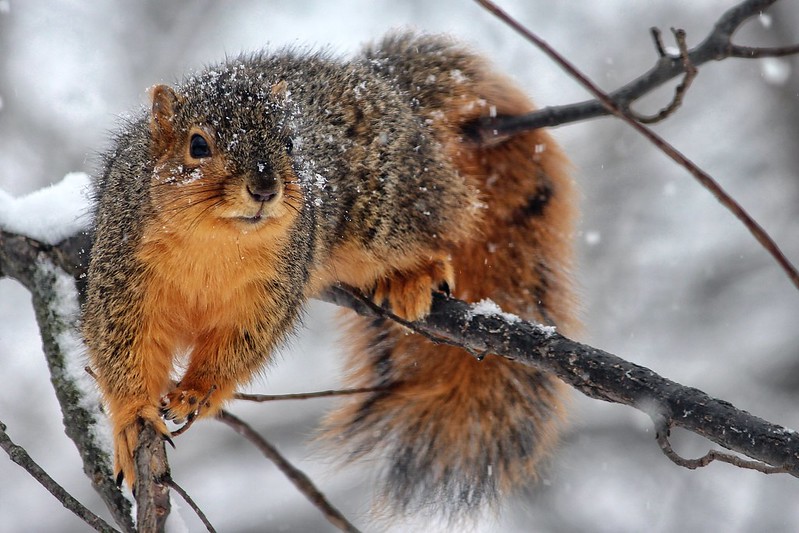Just in time for the holidays author BJ Hollars brings us a Christmas story about an Eau Claire newspaper’s determination to preserve the community’s faith in Santa Claus.
==
Conjuring The Ghost of Christmas Past
On a Christmas morning 118 years ago, the children of Eau Claire ran wide-eyed to their Christmas trees, anxious to see Santa’s gifts. For most children, Santa had outdone himself, leaving in his merry wake a smorgasbord of candy and nuts and oranges. And the toys! From the rocking horses festooned with silver bows, to the dollies fast asleep in their cribs.
Yet the greatest gift was confirmation of Santa’s existence, which had recently been called into question by a pair of local boys, John Doves and Eugene Cheney, both of whom had penned letters to the local newspaper claiming that a recent Santa sighting was none other than Frank Skinner of Whipple Street.
The accusation sent shockwaves throughout Eau Claire. Or maybe not. I suppose we’ll never know. But maybe more so than usual, Santa was on the mind of every child that year, as well as the city’s newspaper editor.
Who can know the editor’s true motive for what happened next? In my preferred version, the editor was trying to counteract the damage wrought by Frank Skinner’s unsanctioned Santa impersonation.
Whatever the reason, on December 22, 1903, the editor of The Eau Claire Daily Telegram took matters into his own hands, publishing an above-the-fold article titled, “Santa Talked: Telegram Reporter Sends Word.” The first-person account — allegedly written by one “William Christmasville” — recounts the Eau Claire journalist’s journey to the North Pole for a sit down with Santa. Reaching for his press pass, Christmasville began his journey north, eventually arriving at Santa’s private office, where the reporter glanced at 200 letters from Eau Claire’s children piled high atop the desk. Upon questioning Santa on the quality of those letters, Santa replied that he was quite pleased.
“In fact,” Santa added, “Eau Claire children can write better than those of any other city in the world. They must have good teachers.”
Next, Christmasville pressed Santa on a range of issues. When will you arrive in Eau Claire? (Christmas Eve.) Yes, but what time? (No comment.) How will you distinguish the children?
Santa paused, considered it, and then — much to the editor’s enthusiasm back home — put in a plug for the paper, assuring the Telegram’s readers that he was a regular subscriber and had “saved the Telegram’s art section containing the pictures of pupils in the different schools.”
Christmasville’s interview ended on a somber note, with Santa conceding that not every Eau Claire child would receive a visit from him. Regrettably, seven local youngsters had made his naughty list; their infractions ranging from failing to complete their schoolwork, to being cross with their mothers.
Always the optimist, Santa “refused to give the names of these children,” Christmasville reported, “because he said they might be better by Christmas.”
Christmasville’s dispatch was published between a story of a train wreck in Kansas City that left nine people dead, and a murderer who was brought to justice in New York. Admittedly, it was a nice change of pace. And Christmas, it seemed, had been saved.
But just for good measure, in his Christmas day edition, the editor offered one last pitch on behalf of the holiday. The editor began by acknowledging that though many locals “whose heads are bigger than their hearts” scoff at the “foolish work in preparation for the holidays,” there is, indeed, “something vital in the custom.” It is “deep rooted in our foolish hearts,” he wrote, and “it means something real … the outward expression of a genuine inward warmth of feeling.”
Just like that, Christmas 1903 came to a close. Fading alongside it was “William Christmasville,” whose byline never again graced the paper’s pages.
No matter — for the “intrepid reporter” had served his intended purpose, just as the editor had hoped. Together, in the darkest days of the year, they helped their city believe.









